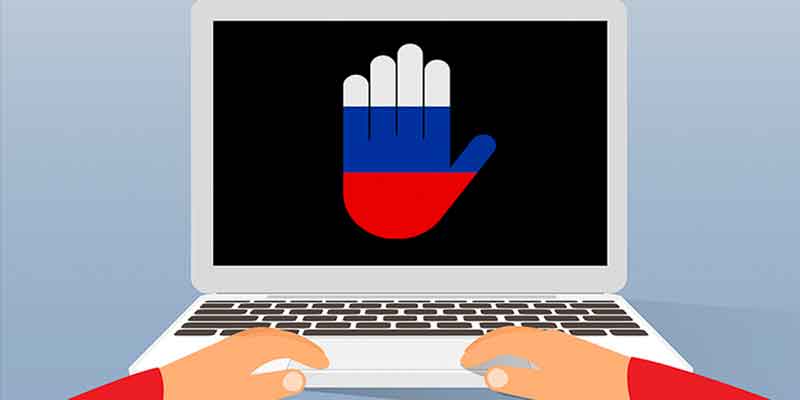Instant-Win Online Lotteries to be Banned in Russia

The Russian government has recently approved a legislative bill that seeks to establish a ‘great firewall’ around its domestic internet – sort of the same as the one in China. Accompanying the new legislation is a proposal to prohibit the sale of instant-win lottery games in the country.
According to Ria Novosti, a Russian media outlet, the Russian Ministry of Finance has been preparing legislation that is meant to outlaw online sales of instance-win lottery products. As it turns, the motivation behind the rather unexpected move was based on the view that the online lottery products are too close to online casino games which are totally illegal under current Russian laws.
As it stands, there are a few state-approved lotteries that are allowed to sell tickets from websites and mobile apps. There are a few other products that are technically legal and permitted but these state-approved lottery operators have chosen to stick to just the traditional numeric draw products. The instant-win games from these operators can only be accessed through designated retail points of sale and specialized kiosks – these are all that will be remain once the ban is imposed.
More on the Firewall and Gambling Censorship in Russia
The Russian Duma this week approved the third and final reading of the ‘Runet’ bill that is intended to put a wall on the country’s internet thus essentially blocking out the outside world. According to the backers of the bill, the ‘great firewall’ is primarily aimed at ensuring that the country’s internet remains in operation even in the event of malicious foreign meddling. However, there are a lot of concerns with very many terming the bill as a rather blatant censorship attempt in the country. Even so, it is going to be very hard to reverse it since it has been scheduled to take effect in November this year.
Besides censorship, the country has also been working diligently towards curbing illegal online activities within its borders. The most recent development in this regard is a RUB20m (US$313,000) contract that has been awarded to the Russian Academy of Science – their job is to come up with a robust and more effective system for blocking unauthorized online information. This system is set to go live by December this year.
Meanwhile, Roskomnadzor, the country’s ban-happy telecommunication watchdog has been at the forefront of the fight against online activities, especially online gambling. Last month, the telecommunication watchdog blocked a whopping $11,000 unauthorized gambling domains. Its current mission is to ensure the virtual private networks (VPNs), anonymizers, proxy servers, and even search engines comply with the existing internet laws.



